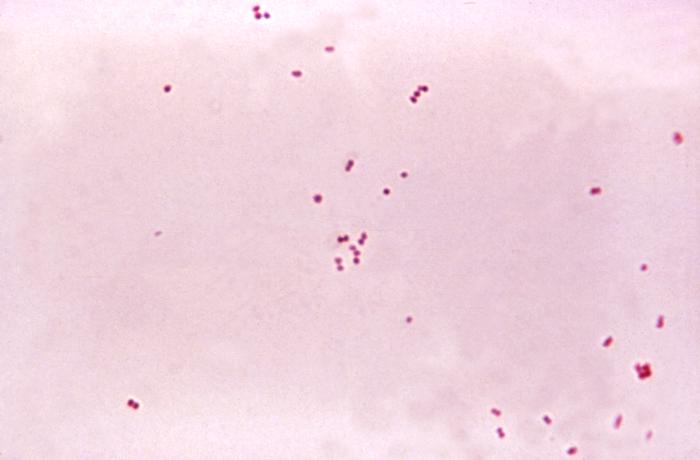Officials with the Oregon Health Authority, Benton County Health Department and Oregon State University (OSU) reported today on a sixth case of meningococcal disease in a OSU Corvallis student since Nov. 2016.

The latest case is a 21-year-old Oregon State undergraduate student enrolled at the Corvallis campus who was hospitalized Dec. 17 with meningitis while visiting family members.
Preliminary tests found meningococcal disease to be the probable cause in the current case, and further testing is underway to determine whether it is the same strain of meningococcal bacteria that caused the other OSU cases.
If confirmed to be meningococcal B, it would be the sixth case of the disease at OSU’s Corvallis campus since November 2016, and the third since October.
OSU officials are encouraging undergraduate students during winter break to receive vaccinations for meningococcal B disease.
“Oregon State University takes the health and welfare of its students, employees and the general public very seriously,” said Steve Clark, OSU vice president for university relations and marketing.
“Effective immediately, Oregon State University will require all of its Corvallis students 25 and younger to be vaccinated for meningococcal B disease by Feb. 15,” he said. “Prior to this latest case, vaccinations were encouraged for all OSU students 25 years and under, but required for all incoming first-year students and transfer students.”
Bacterial meningitis and vaccinations: A discussion with Dr. Leonard Friedland
Paul Cieslak, MD, medical director for communicable diseases and immunizations at the Oregon Health Authority Public Health Division, said, “In light of the university’s new vaccination requirement, most OSU students remain unvaccinated and their time over the holidays might be the best opportunity for them to be vaccinated.”
Two brands of meningococcal B vaccines are licensed in the United States, and they are not interchangeable:
- Bexsero, a two-dose series, with the second dose given at least one month after the first
- Trumenba, a three-dose series, with the second dose given one month after the first, and the third dose given six months after the first
Either vaccine can be used, but because they are not interchangeable, the follow-up doses should be of the same brand as the initial dose.
Related:
- Mumps in Florida: Cases up significantly in 2017, Providers advised
- Nigeria monkeypox: Additional cases, first death reported
- Gain-of-Function research on influenza, MERS funding pause lifted
- Rat lungworm: High percentage of rats test positive in Hawaii
- Rattlesnake pills linked to Salmonella infection in Kansas
- Pneumococcal meningitis confirmed in Ohio teen




Oh a seemingly justifiable excuse to enforce misguided, profitable, grandstanding power over liberals. That psycho governor is counting her money with glee.